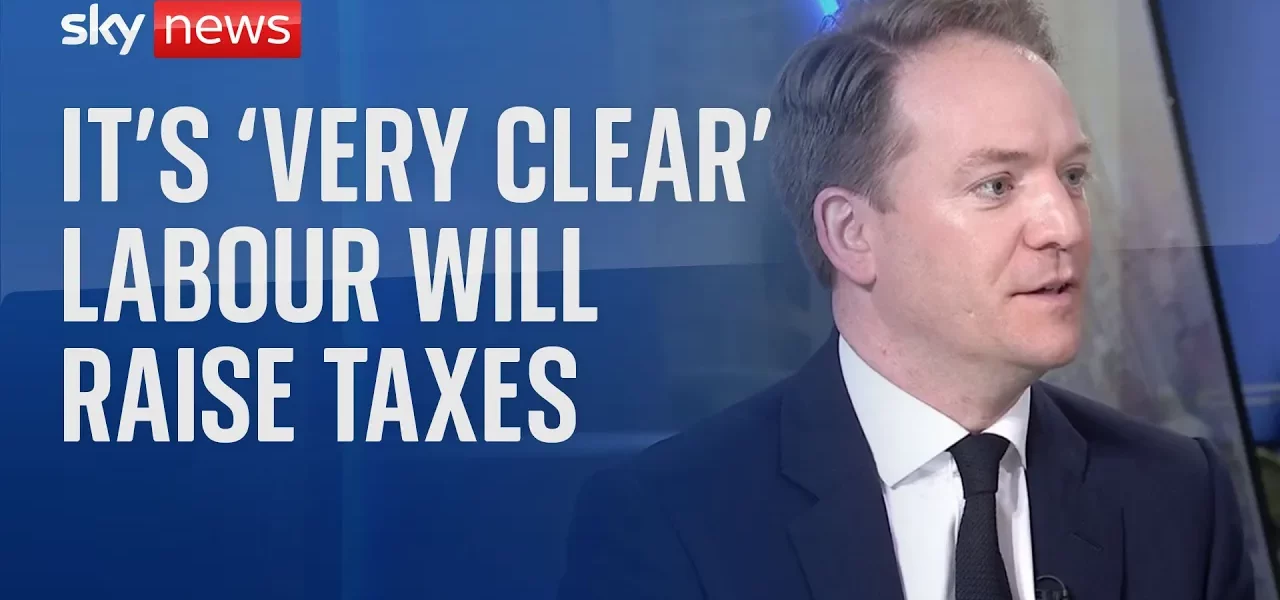Change in Tone: Government Rhetoric Towards the Economy

This article explores the recent shifts in government rhetoric around the UK economy, analyzing how these changes influence consumer confidence and public perception amid ongoing political challenges.
Introduction
The tone of government discussions regarding the economy can significantly impact consumer and business confidence. Recently, a noticeable change in rhetoric from the Chancellor has raised questions about the motivations behind this shift. This article delves into the implications of this change, the current state of the UK economy, and the government’s fiscal responsibilities, while also examining the political landscape that surrounds these discussions.
Rhetoric and Its Impact on Confidence
Since taking office, the government has faced criticism for its negative portrayal of the economy. The Chancellor’s previous comments have been perceived as detrimental to both consumer and business confidence.
The Importance of Positive Messaging
In any government, maintaining a positive outlook towards the economy is crucial. When leaders express optimism, it fosters consumer trust and stimulates spending. Conversely, negative rhetoric can lead to:
- Diminished consumer spending
- Lowered business investment
- Increased public anxiety regarding financial stability
Current Economic Indicators
Despite some positive metrics, such as low inflation rates and record employment figures, the government’s portrayal of the economy has been overwhelmingly negative. This is noteworthy considering the UK’s previous standing as the fastest-growing economy in the G7.
Consumer Confidence Data
Recent consumer confidence data has shown a decline, marking the worst reading since January. However, it is important to contextualize this data:
- The latest reading stood at -20, which while concerning, is still better than the five-year average of -25.
- This suggests that while confidence is low, it is not as dire as past readings, indicating a potential for recovery.
Legacy Factors Impacting Confidence
Two significant events have influenced current economic sentiment:
- The global pandemic, which led to widespread economic shutdowns.
- The ongoing war in Ukraine, which has caused spikes in energy prices.
These factors have understandably shaken consumer confidence, but a recovery trend had begun earlier this year, highlighting the importance of stability in messaging from government officials.
Government Fiscal Policies and Responsibilities
The Chancellor has a set of fiscal rules to follow that aim to ensure sustainable public finances. However, there are concerns that the current government might manipulate these rules to accommodate increased borrowing.
Understanding Fiscal Rules
Fiscal rules are designed to maintain transparency and accountability in managing taxpayer money. Key aspects include:
- Ensuring debt falls within a specified timeline.
- Transparent reporting to the Office for Budget Responsibility (OBR).
- Maintaining public trust by managing finances responsibly.
Potential Changes and Their Implications
There is speculation that the Chancellor may propose adjustments to fiscal rules, potentially to justify higher borrowing rates. This could lead to:
- Increased taxpayer burden due to higher debt interest costs.
- Long-term economic instability if not managed prudently.
Addressing Recent Controversies
In light of recent discussions regarding MPs receiving freebies, there is a burgeoning debate about the adequacy of their salaries. This situation reflects deeper issues of public perception and trust in government.
The Salary Debate
While salaries for MPs are set by an independent body, the question remains whether these are sufficient to prevent any appearance of impropriety. Key points include:
- Public sentiment against perceived hypocrisy in politics.
- The need for transparency in any benefits received by public officials.
Public Reaction to Hypocrisy
Criticism from the Labor Party towards the Conservative government over similar issues raises questions about consistency and accountability in political discourse.
Conclusion
The recent changes in government rhetoric surrounding the economy reflect a strategic shift aimed at bolstering consumer and business confidence. As the political landscape evolves, it is crucial for government leaders to maintain transparency and uphold fiscal responsibilities to foster public trust. Moving forward, the effectiveness of these strategies will be determined by the government’s ability to communicate positively while navigating complex economic realities. For readers interested in deeper insights about the UK economy and political developments, we encourage exploring more articles on our website.
“`




